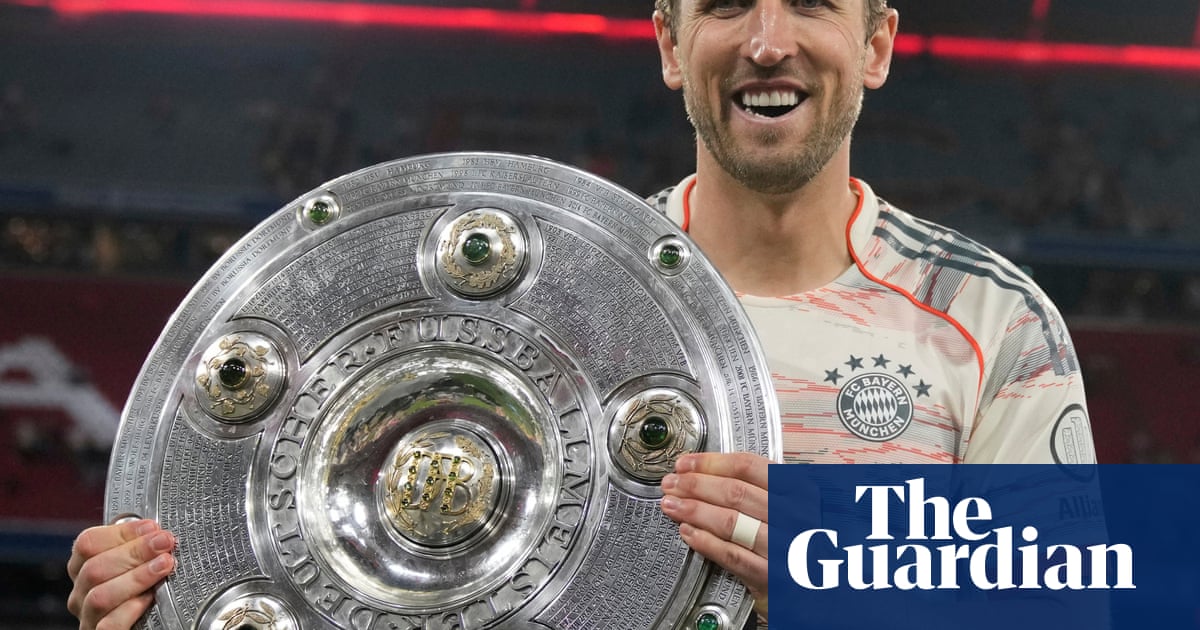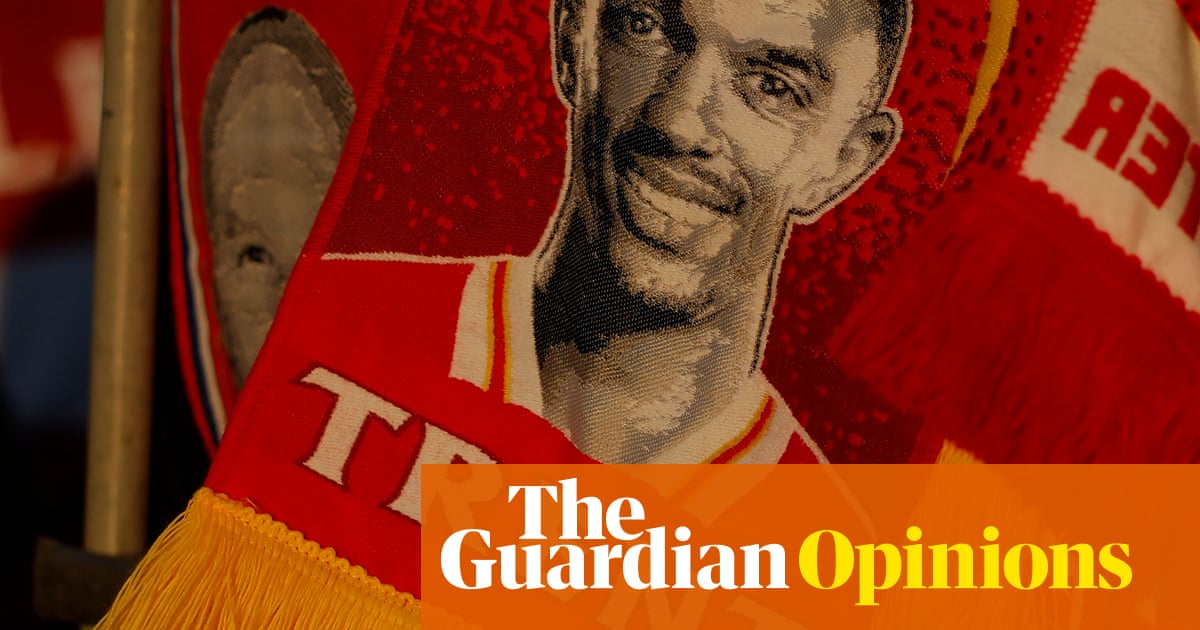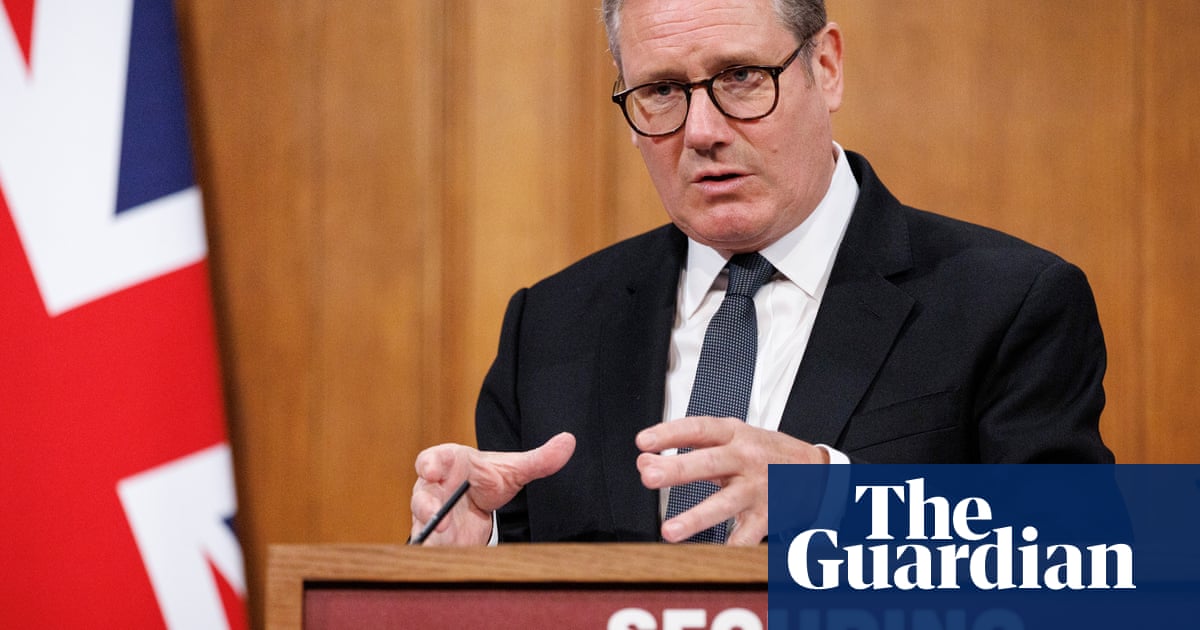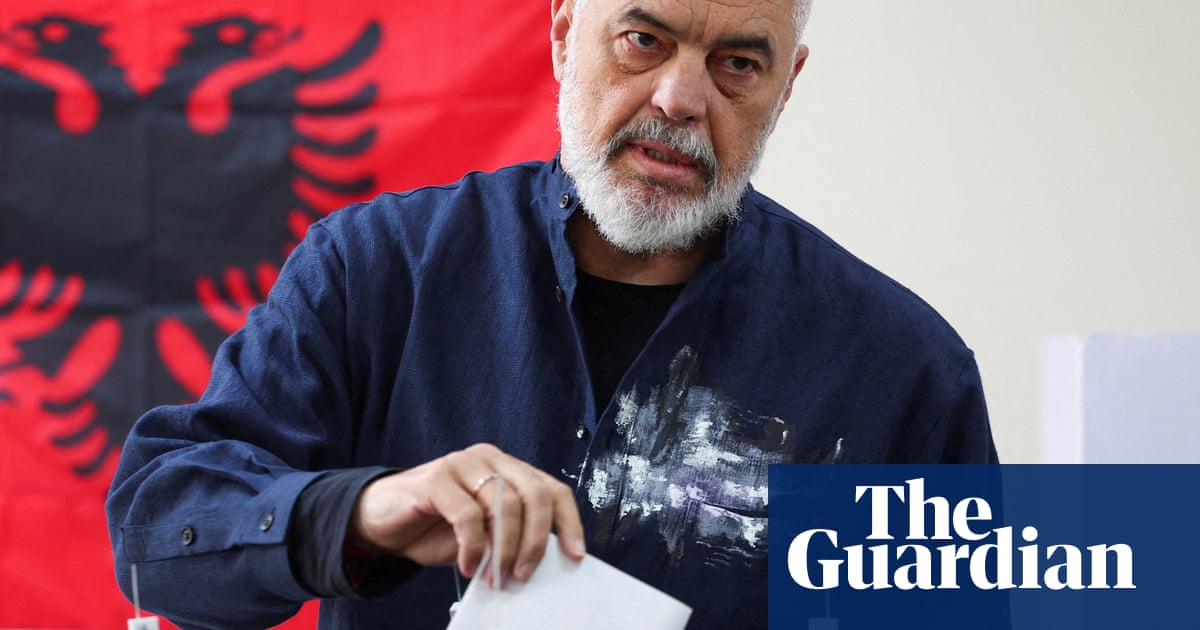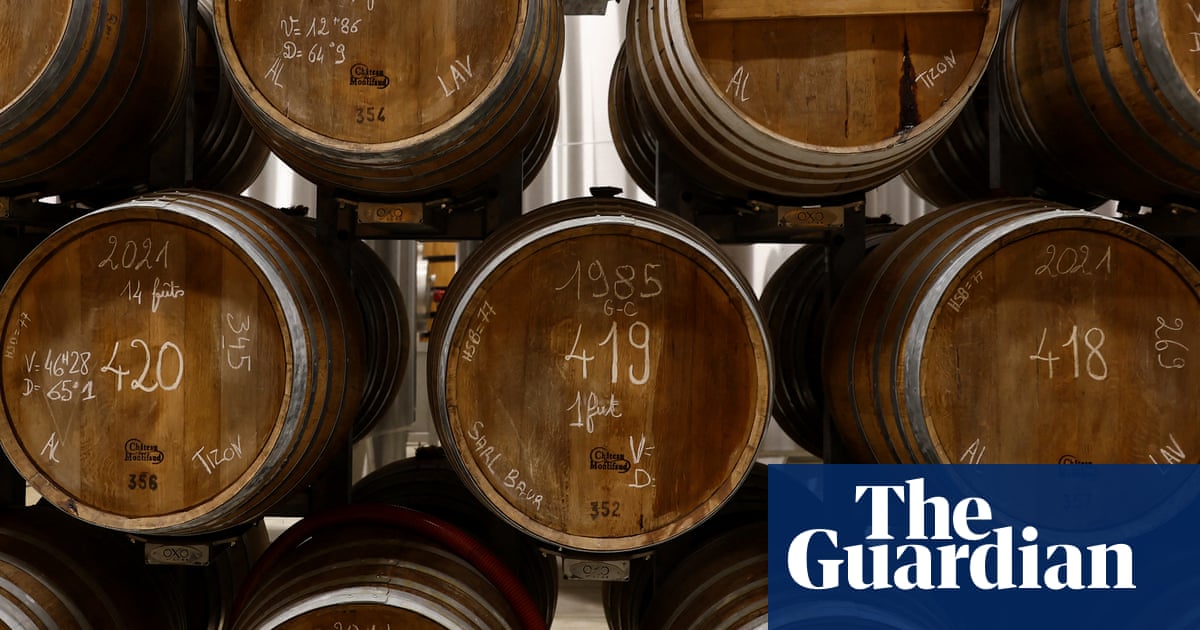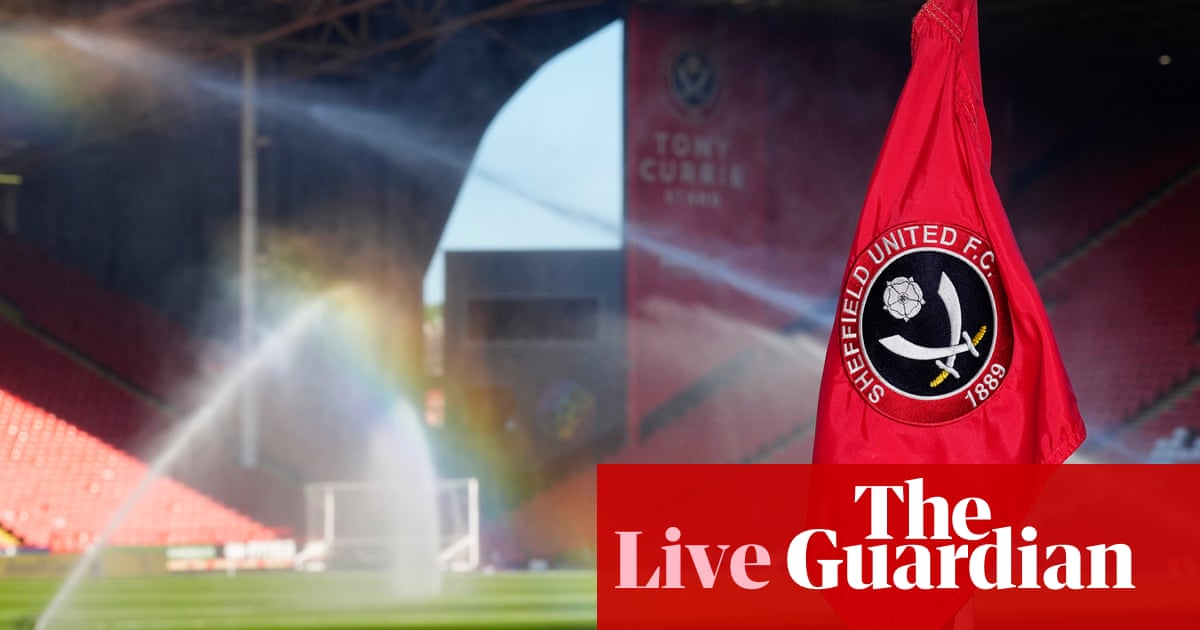The problem is that when the game doesn’t matter, other elements begin to take over. In other circumstances, Arsenal’s 2-2 draw at Liverpool on Sunday would have been an intriguing minor classic; but then, in other circumstances, it might not have gone like that. As it was, with the title won and Arsenal secure in the Champions League qualification slots, a clash between the top two became the stage for discussion of the booing of Trent Alexander-Arnold and a weird confected online fury about whether Myles Lewis-Skelly had applauded Liverpool with sufficient gusto in the guard of honour.
At least, from Arsenal’s point of view, the game followed the opposite pattern to the one with which we’ve become familiar. Arsenal have dropped 21 points from winning positions this season (Liverpool just 13), while Liverpool have gained 22 (Arsenal just 13). If they’d matched each other in those respects, Arsenal would be two points clear at the top of the league; that essentially is the difference between them.
Mikel Arteta will almost certainly be aware of that. As has become apparent this season, he is a manager who takes statistics very seriously. He takes a scientific view of the game, in which everything is about maximising the likelihood of winning. “Over the season there are many things you need to go your way,” he said in the build-up to Sunday’s fixture, although he has been saying similar things all season, usually in the aftermath of games Arsenal have drawn when they should probably have won. “In the clinical moments, does the ball hit the post and come out, or go in? That’s the fine margins. What we have to try to do is to amplify the margins. The bigger the margins are, even if those things happen, then it will be very difficult for the opposition.”
With that in mind, it’s worth asking why Arsenal have failed to win 10 games this season in which they’ve taken the lead. Squad depth is probably an issue; they lack high-level options on the bench to transform the dynamic of games, while leading players are probably playing more than they ought to.
“We knew from the beginning of the season that our squad was super short,” Arteta admitted. “Being super short we had some players that had a high probability of getting injured.”
It’s an admission that raises a lot of questions, but it is at least an acknowledgement of responsibility, which is not something often heard from either Arteta or Arsenal. Arteta’s post-match press conference on Sunday was a bizarre mix of anger at his players and veiled raging at the fates. He condemned “the defending standards and the errors after we gave the ball away, which is totally prohibited against this team” in the first half, continuing, “We were very far off it. I was really upset. Yeah, we had a reaction but I hate reaction, I like action.”
But he also spoke of “having to play for the sixth time this season with 10 men”. Written down, that could be seen as further criticism of his squad, but the tone suggested this was a bizarre misfortune that had befallen Arsenal when in truth the wild lunge that brought Mikel Merino a second yellow card was as clear a booking as there could ever be. Arsenal have lacked discipline, their record of six red cards not only the worst in the league, but at least twice as bad as all but two other sides.
Alongside that, though, has been something else, something harder to define. Successful teams have a capacity to weather adversity, to get the job done. Arsenal do not. They are not ruthless in front of goal – which may in part be down to the lack of a high-class centre-forward. They have the best defence in the Premier League, yet have a capacity for giving up cheap goals. Wednesday’s Champions League defeat offered a classic example, as Arsenal failed to take three good early opportunities against Paris Saint-Germain, then immediately offered up four chances, the third of which was taken.
“I don’t think there’s been a better team in the competition from what I’ve seen,” Arteta said after that defeat, before clarifying what he meant. “Watching it back, watching the stats. It’s very clear but it’s not about the winning probability, it’s about making it count.”
It may even be that he is right, depending what statistical indicators he is employing. But football is not just about stats; it is also about getting it done. All other statistics fade away next to the scoreline. Perhaps he tries to control too much, struggles to accept the chaos that lies at football’s heart. The sense, unfortunately, was of delusion, of Arteta morphing into one of Arsenal’s legions of online propagandists.
Winning the metrics should only ever be the means to an end; winning the game is what matters and, at the moment, Arsenal don’t have the necessary edge.
after newsletter promotion
On this day…
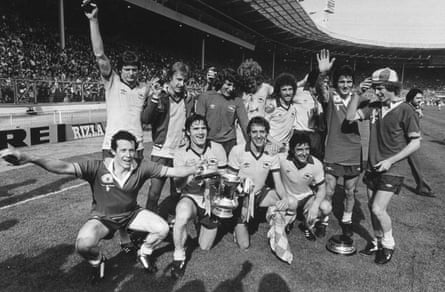
The 1979 FA Cup final was not a great game, but it did have a great finale. By half-time, Arsenal, who had finished the league in seventh, led Manchester United, who had come in ninth, 2-0 thanks to goals from Brain Talbot and Frank Stapleton. As Terry Neill, the Arsenal manager said, at that point it seemed “just another Cup final”. But, with four minutes remaining, Gordon McQueen hooked in as Arsenal struggled to clear a free-kick. Two minutes later, Sammy McIlroy ran on to a Steve Coppell pass, slithered though two challenges and tucked in a low finish to level the score.
The momentum seemed to be with United.
“I thought, ‘We’re going to win this match,’” said United’s Lou Macari. “But you never count your chickens at Wembley.”
A minute later, Liam Brady surged forward and pushed the ball out to his left. Graham Rix’s cross evaded everybody in the United box – apart from Alan Sunderland coming in with a calm sidefoot finish at the back post. Brady admitted his run had largely been designed simply to get the ball into the United half, but Arsenal had won it 3-2 at the last and what Neill called the “most remarkable four minutes ever played at Wembley” were complete.
-
This is an extract from Soccer with Jonathan Wilson, a weekly look from the Guardian US at the game in Europe and beyond. Subscribe for free here. Have a question for Jonathan? Email [email protected], and he’ll answer the best in a future edition.

.png) 7 hours ago
2
7 hours ago
2
